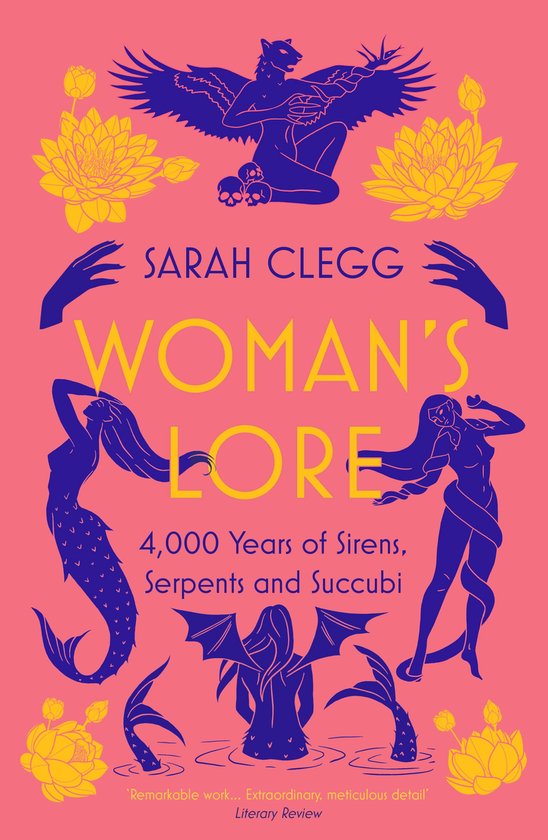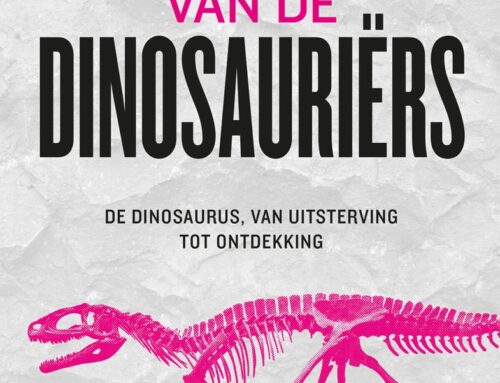By Sarah Clegg.
I first stumbled upon Woman’s Lore by Sarah Clegg through a serendipitous Instagram suggestion. The Instagram algorithm is fickle and can be hit or miss, but this time it nailed it, serving up a book that perfectly blends two topics I’m passionate about: fantasy and feminism. I was immediately intrigued by the premise—how women are represented in ancient lore—and decided this would be the perfect companion for my upcoming vacation.
I took Woman’s Lore with me to France, where – in the first week – we stayed in a beautiful cabin perched on the cliffs near Pointe du Roselier in Bretagne. The cabin was beautiful, with white walls, a blue roof, and a terrace overlooking the sea. It was the kind of setting that felt almost mythical in itself, a fitting backdrop for a book that delves into the world of mermaids, goddesses, and other female figures from myth. But don’t let the enchanting subject matter fool you—this book is far from a collection of whimsical tales…
What is Woman’s Lore about?
In Woman’s Lore, Clegg dives deep into the origins and evolution of these myths, revealing how they have been twisted and manipulated over centuries. Initially, many of these stories offered women a sense of control and understanding in a world where being female was fraught with danger—especially during childbirth. However, as time passed, influential men began to reshape these myths, turning them into tools of oppression. What were once empowering narratives slowly became oversexualized and villainized depictions, reinforcing harmful stereotypes that still echo in society today.
One of the things I appreciated most about Woman’s Lore is how it balances the allure of myth with rigorous historical analysis. Clegg meticulously traces the cultural and historical contexts that shaped these stories, which, at times, can make for a dense read. I won’t lie—there were moments when the detailed exploration of specific time periods felt a bit like a mandatory college assignment. However, this depth is also what makes the book so rewarding. It peels back yet another layer of the complex discourse surrounding women, offering insights that are both enlightening and, frankly, enraging.
Woman’s Lore isn’t just for those who are deeply interested in feminist topics or cultural history. It’s for anyone who wants to understand the roots of the narratives that continue to influence how women are perceived today. The book serves as a reminder of the power of stories—how they can uplift and empower, but also how they can be distorted to subjugate and control.
So, if you’re looking for a read that’s both intellectually stimulating and deeply relevant, I highly recommend Woman’s Lore. Whether you’re male or female, this book will give you a fresh perspective on the myths that shape our world, and the real women who have had to navigate their consequences.





